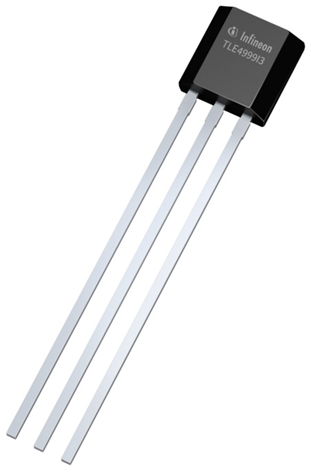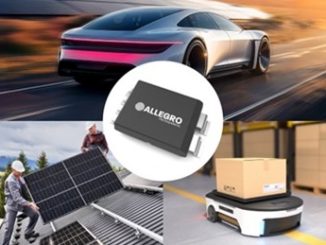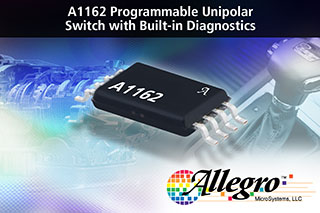
Infineon Technologies has introduced a monolithically integrated linear Hall sensor which was developed entirely according to new high-safety standards automotive applications. It has very high magnetic sensitivity allowing the use of relatively small magnets, lowering typical magnetic component costs, says Infineon.
With just one device, the Xensiv TLE4999I3 enables the development of fault-tolerant systems that have to meet the highest level of functional safety, ASIL D. These include, for example, electric steering systems, electric throttle control systems, and pedal applications. Infineon launched the new sensor at Sensor+Test trade fair held in June in Nuremberg, introducing it as the world’s first monolithically integrated linear Hall effect sensor.
It meets the ISO26262 standard which requires a system to keep functioning even if a single fault occurs, for example, if one of the components fails. This allows uninterrupted operation at system level. The device consists of a monolithic design with two independent Hall elements. Their signal paths are separate from each other. Internal control mechanisms carry out a plausibility check of the sensor data already within the chip.
In addition to the safety features, it has very high magnetic sensitivity with an error tolerance of less than 2 percent, says Infineon. The offset error drift, also an important parameter for magnetic sensors to determine the absolute position in a magnetic field, is maximum 100 µT, which Infineon says is just half that of comparable products. There are two magnetic ranges of ±12.5 mT and 25 mT which can be adjusted. These low values allow the use of relatively small and, consequently, inexpensive magnets.
For more info, see www.infineon.com/linear-hall.



